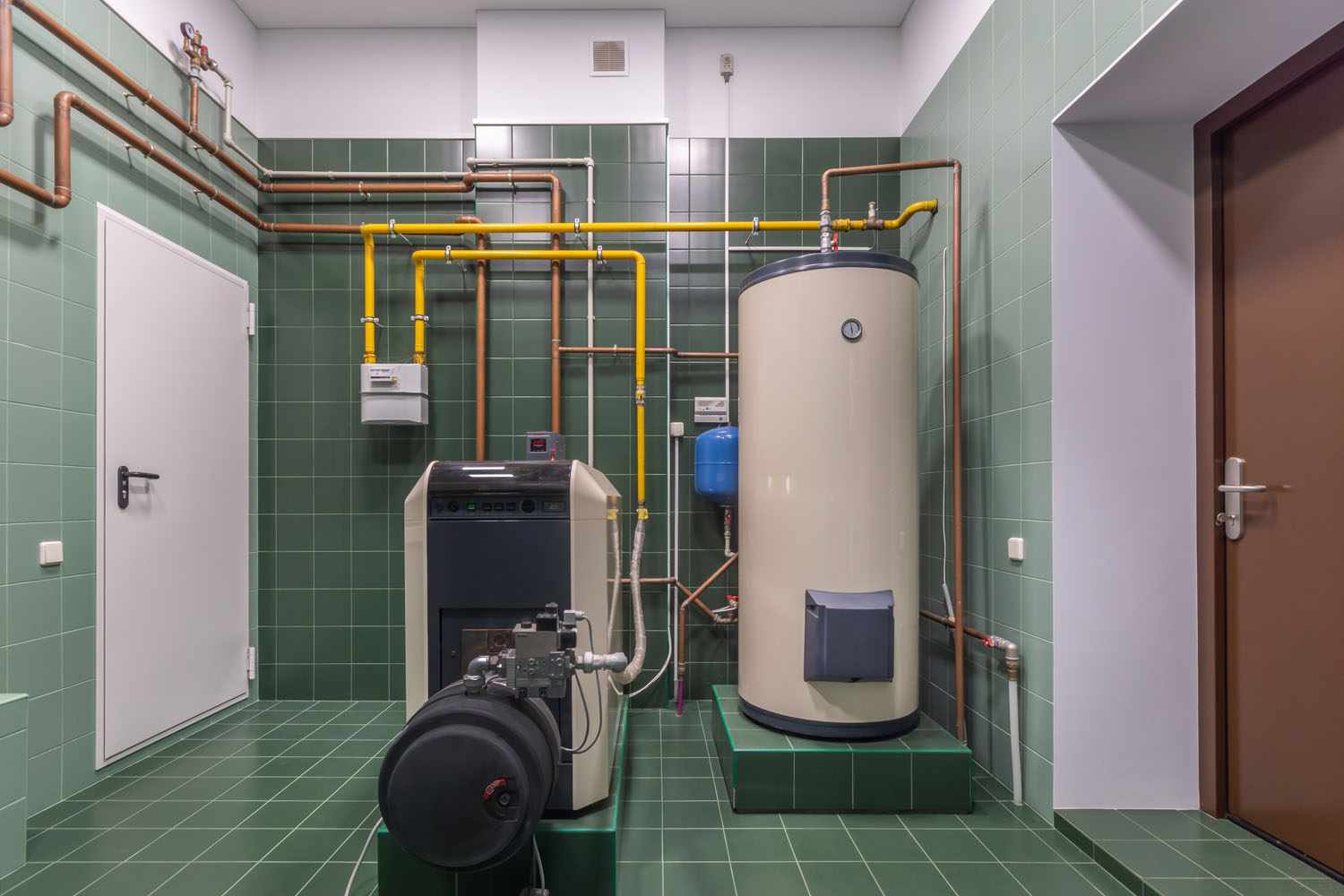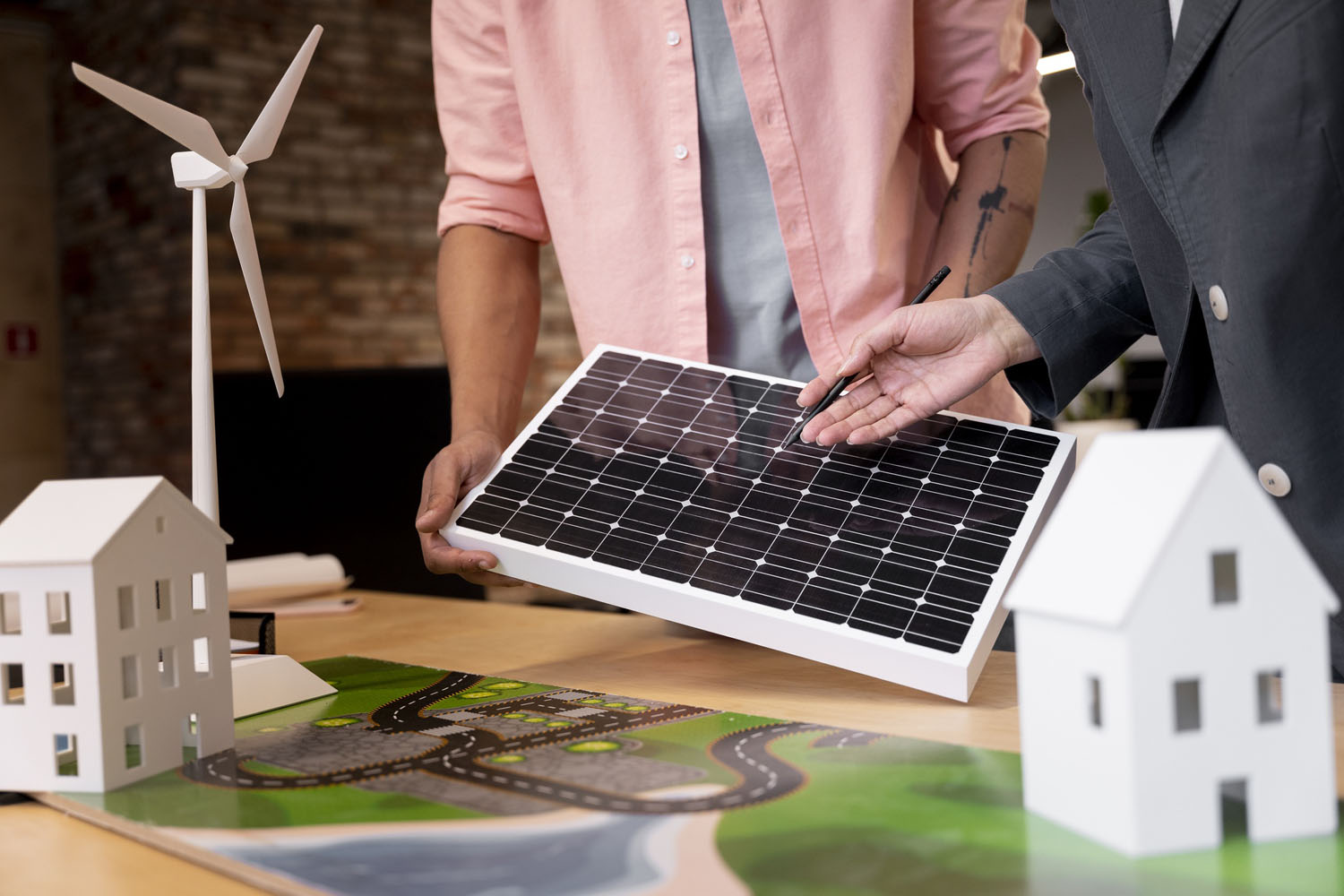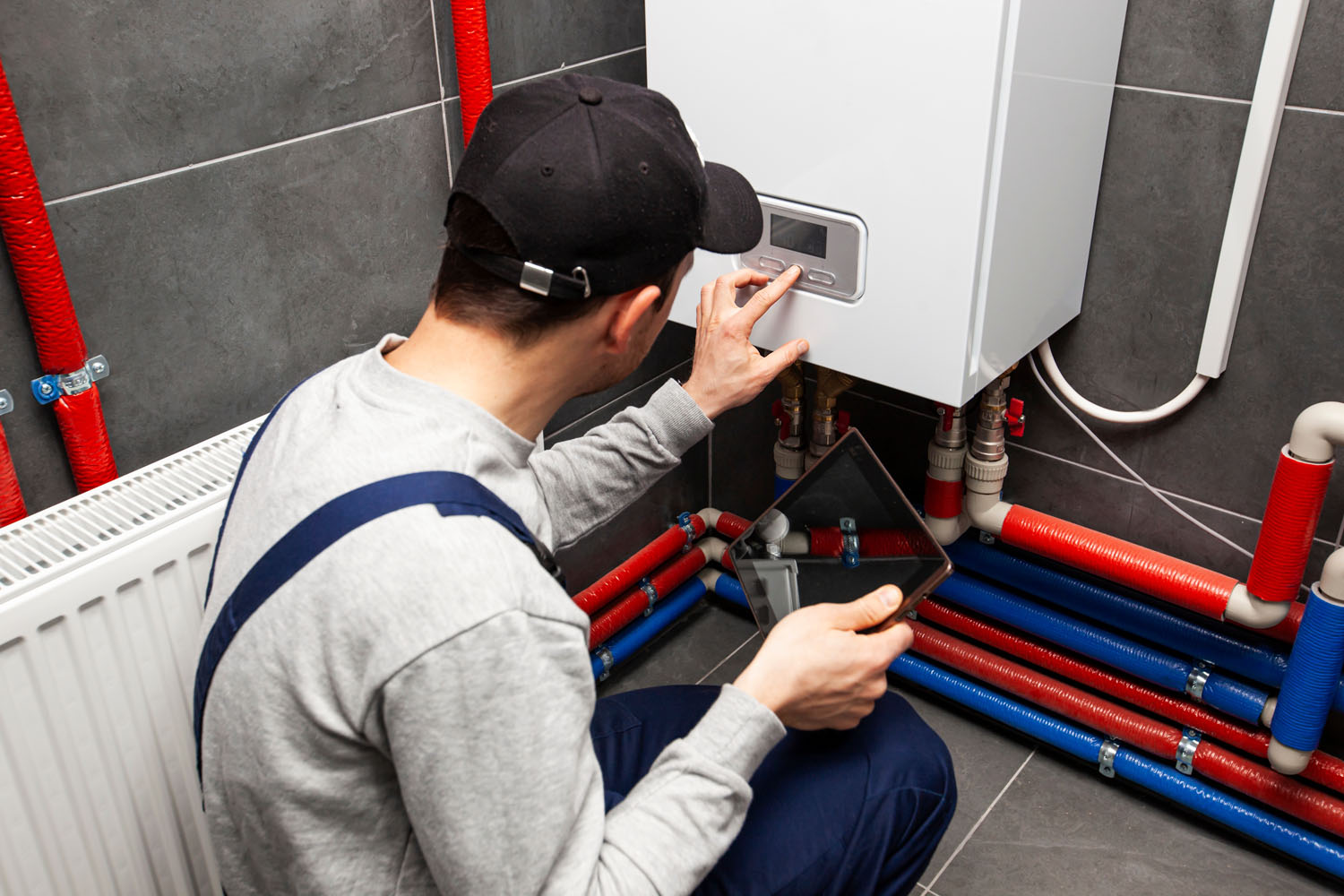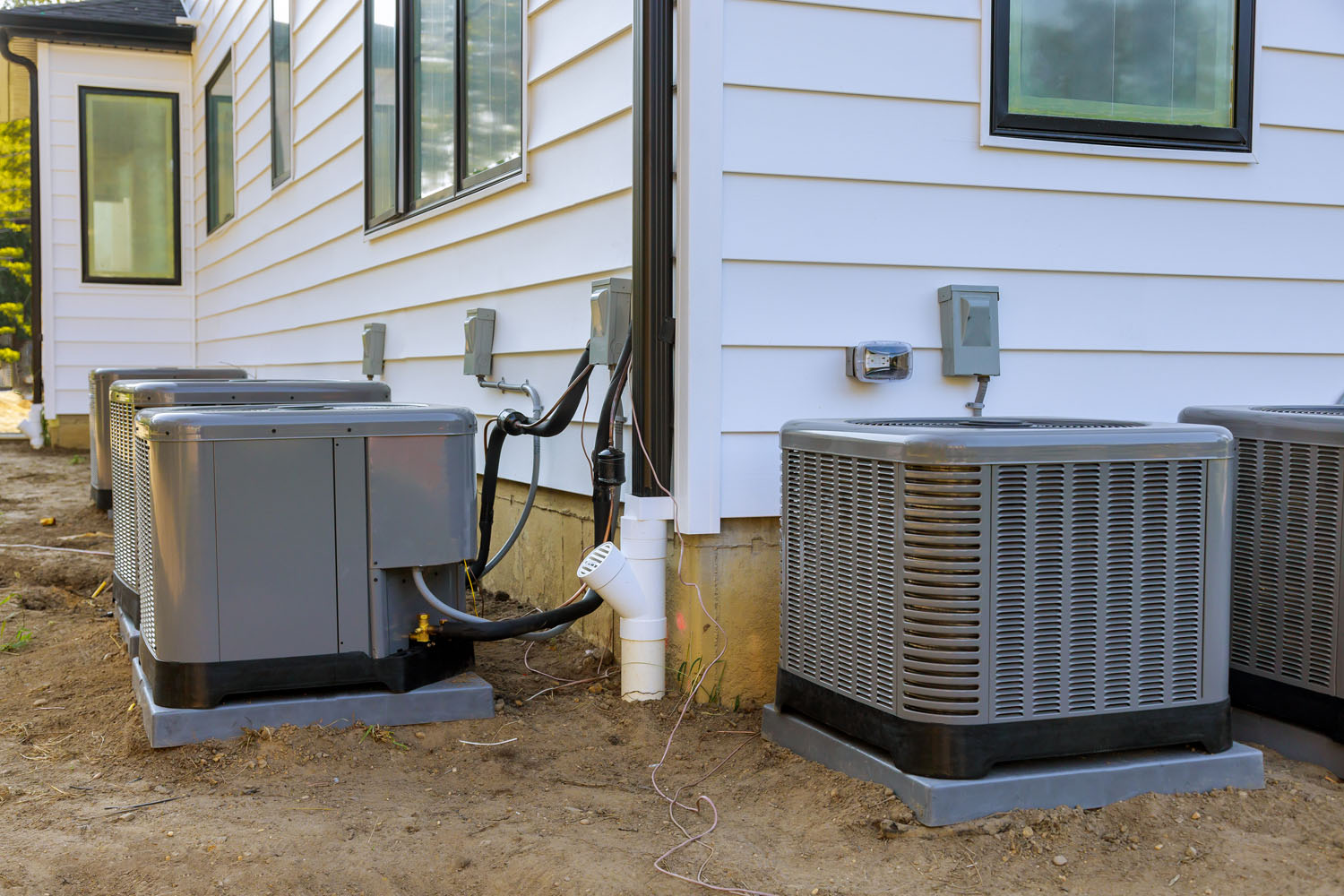With electric vehicle (EV) adoption rapidly increasing, it’s essential for new EV owners to understand the different types of EV chargers available and which one suits their needs best. There’s no one-size-fits-all solution, and choosing the right charger depends on your driving habits, the type of EV you own, and how quickly you need to recharge. Let’s explore the three main types of EV chargers and the factors you should consider when selecting the best one for your home.
1.1 The 3 Main Types of EV Chargers
EV chargers are categorized into three levels: Level 1, Level 2, and DC Fast Chargers (Level 3). Each level offers a different charging speed and is suited for different scenarios.
1.1.1 Level 1 Chargers
Level 1 chargers are the most basic and use a standard 240V household outlet (similar to a regular power point). These chargers are often referred to as “trickle chargers” because they charge your EV slowly.
- Charging speed: Level 1 chargers typically provide around 2-5 km of range per hour of charging.
- Ideal for: Owners who drive short distances daily and can leave their EV plugged in overnight. This is also a good option for those who don’t want to invest in additional charging equipment.
Pros:
- Low upfront cost (you can use the charger included with your EV).
- Easy to install — just plug it into a standard outlet.
Cons:
- Very slow charging speed.
- Not suitable if you frequently drive long distances.
1.1.2 Level 2 Chargers
Level 2 chargers are significantly faster than Level 1 and require a 240V outlet, the kind typically used for large household appliances like ovens or clothes dryers. These chargers require professional installation but offer faster and more convenient charging.
- Charging speed: Level 2 chargers provide 25-50 km of range per hour of charging.
- Ideal for: EV owners who drive longer distances or need quicker charging times. These are the most common type of home chargers and are suitable for most households.
Pros:
- Fast charging speed (a full charge overnight).
- Good balance between speed and cost.
Cons:
- Requires installation by an electrician.
- More expensive than Level 1.
1.1.3 DC Fast Chargers (Level 3)
DC fast chargers are typically found at public charging stations and provide the fastest charging speeds by directly supplying DC electricity to your EV battery. These chargers are generally too powerful and expensive for home use but are ideal for businesses or public areas.
- Charging speed: 150-400 km of range per 30 minutes of charging.
- Ideal for: EV owners on long road trips or fleet managers who need rapid charging turnaround times.
Pros:
- Ultra-fast charging.
- Ideal for commercial use or EV drivers needing a quick charge.
Cons:
- Very expensive and not suitable for home installation.
- Requires specialized infrastructure and installation.
1.2 Key Factors to Consider When Choosing an EV Charger
Now that you’re familiar with the types of chargers, it’s essential to evaluate your specific needs before making a decision.
1.2.1 Daily Driving Habits
How far do you typically drive each day? If your daily commute is relatively short (20-40 km), a Level 1 charger may suffice. However, if you regularly drive longer distances or prefer faster charging, a Level 2 charger will provide more flexibility.
1.2.2 EV Battery Size
Larger EV batteries take longer to charge, so it’s important to match your charger’s output with your vehicle’s capacity. For example, if you have a long-range EV like a Tesla Model 3 or a Hyundai Kona Electric, a Level 2 charger will be much more practical.
1.2.3 Home Electrical Setup
Consider your home’s electrical system before choosing a charger. Level 2 chargers require a 240V outlet, and some homes may need electrical upgrades to accommodate the charger’s power requirements. Consulting an electrician can help determine if your home is ready for a Level 2 installation.
Conclusion
Choosing the right EV charger comes down to balancing your driving habits, the type of vehicle you own, and how quickly you need to recharge. For most homeowners in Victoria, a Level 2 charger strikes the perfect balance between cost and charging speed. Level 1 chargers are a budget-friendly option for short daily drives, while DC fast chargers are best suited for public or commercial spaces. By selecting the right charger, you can enjoy the convenience of at-home charging and maximize your EV ownership experience.







